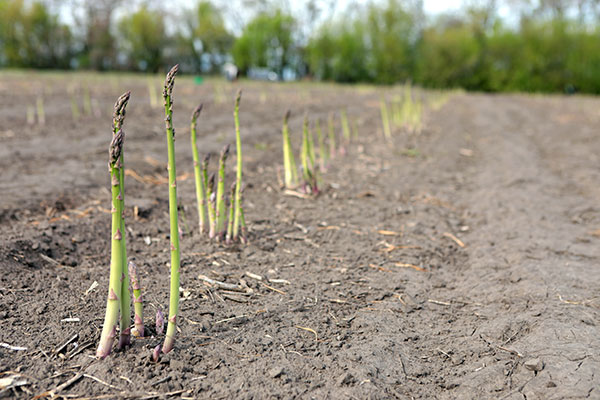How aware are people about vegetable seasonality? And how much does it influence when they buy them? Industry campaign Veg Power, which aims to increase the intake of veg among UK adults, commissioned YouGov to survey 2,000 people to find out.
While the answers were based solely on availability of produce grown in the UK, regardless of how it was grown, the results are an interesting snapshot of which veg is most seasonally misunderstood.
Eating seasonally can cut food miles, and means that food is likely to be produced with less energy and inputs like fertiliser, as it is naturally growing at this time. It is a good general rule to follow, but there are also caveats, such as British produce grown in heated glasshouses.
This technology means the official season for tomatoes is much earlier – but it’s in the height of summer, when light and heat levels are highest and mimic a Mediterranean climate, that British tomatoes can be grown with no, or very little, extra energy and are most sustainable.
Interestingly, in the YouGov survey, most people said the tomato season was between May and September, which is probably more aligned with when non-heated tomatoes are in season. The ‘correct’ answer and when you will find British tomatoes on supermarket shelves is April to December; what goes unchallenged is whether they are a sustainable, as well as seasonal, throughout this period.
It’s why asking how your food is produced, as well as when, is a useful addition question to consider.
When is it in season? Source: Veg Power campaign.



Habits and seasonality
Data donated by research company IRI Worldwide to the Veg Power campaign compared when people typically buy certain veg, and whether this matches their peak seasonality.
– Hard to miss, asparagus has one of the shortest, best-known and most heavily promoted seasons.
– Despite its summer-heavy season, most people see broccoli as a winter veg, good with roasts and stews. Sales are at their lowest when British crop is at its best – July, August, and early September. There is opportunity to show that broccoli works well in salads, stir-fries and other summer dishes.
– Courgettes had the highest level of seasonal awareness in the survey, with 39 per cent answering correctly (June-September). And yet people buy them all year round, apart from at Christmas.
– Cauliflower has a much longer season than broccoli, yet both are associated with winter meals, and consumption is driven by weather and tradition.
This article was originally published in the spring print edition of Wicked Leeks. You can read the full magazine for free on Issuu.










0 Comments